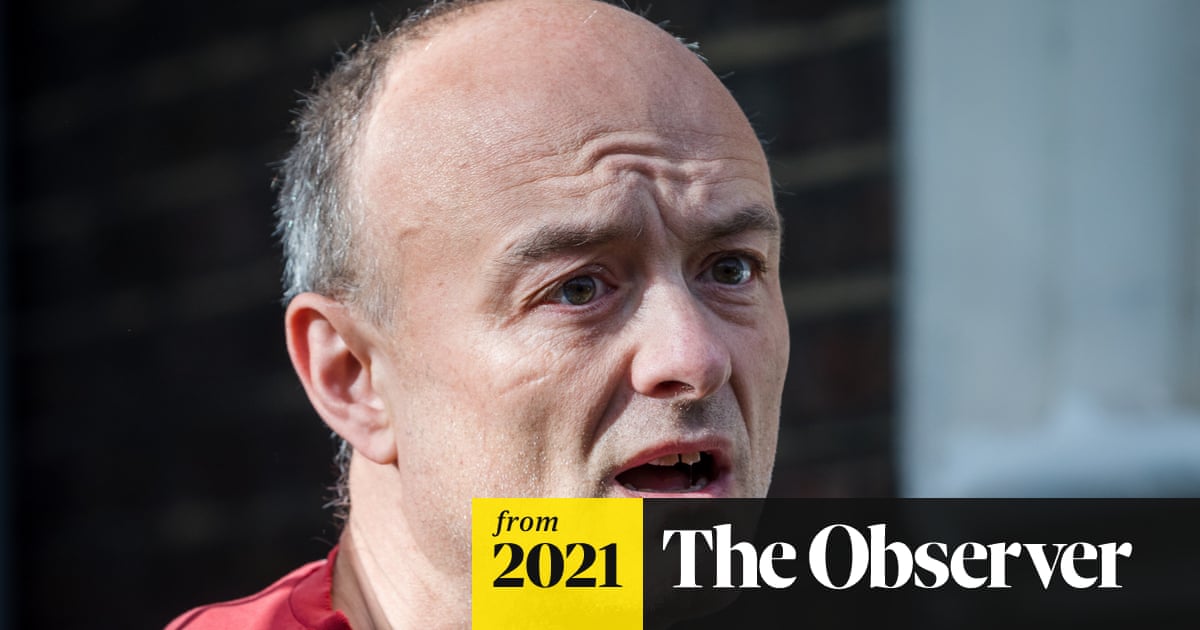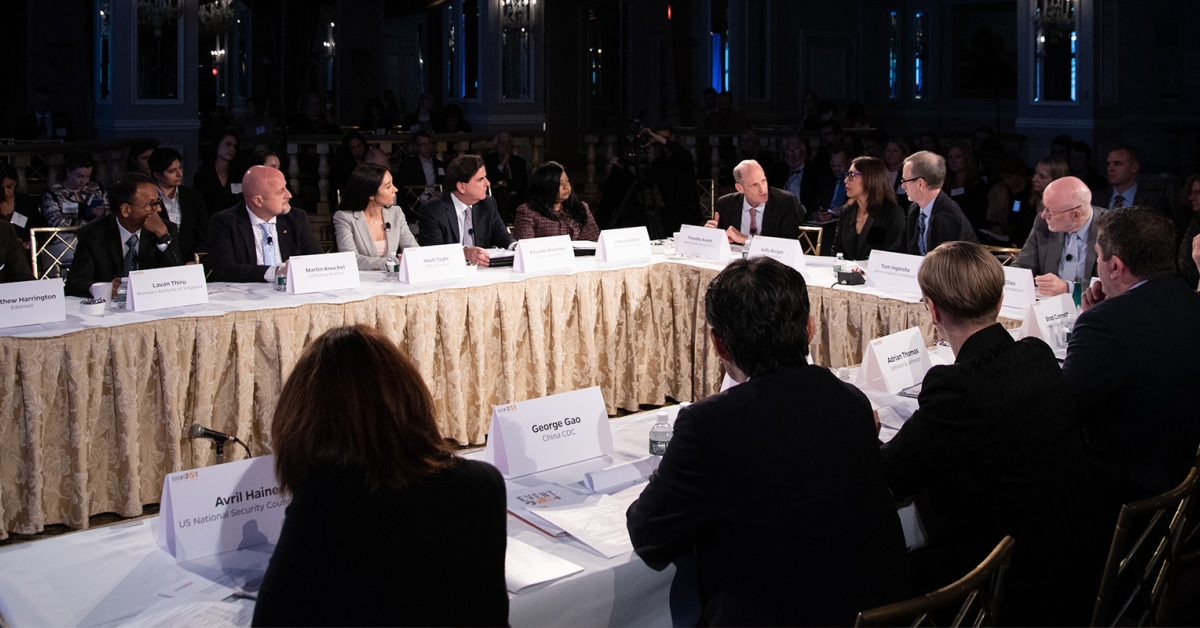Northerner
Admin (Retired)
- Relationship to Diabetes
- Type 1
Dominic Cummings has launched an extraordinary new attempt to destroy the government’s credibility over Covid-19, claiming that ministers had backed a policy of “herd immunity” then lied about having done so.
In an astonishing series of tweets on Saturday just days before he is due to appear before a Commons inquiry, the prime minister’s former adviser in effect accused the health secretary, Matt Hancock, of lying about the “herd immunity” plan and talking “bullshit” when he denied it to the media.
Cummings also claimed that if “competent” people had been in charge of Covid strategy in its early stages, then it may have been possible to avoid the first lockdown, and certainly the second and third would not have been needed.
In one tweet Cummings, who was accused in various media reports early in the pandemic of himself backing the idea of herd immunity – a policy allowing people to catch Covid in order to boost the number with antibodies – said: “Media generally abysmal on covid but even I’ve been surprised by 1 thing: how many hacks have parroted Hancock’s line that ‘herd immunity wasn’t the plan’ when ‘herd immunity by Sep’ was *literally the official plan in all docs/graphs/meetings* until it was ditched”.

 www.theguardian.com
www.theguardian.com
" the prime minister had announced a public inquiry to learn any lessons that needed to be learned" - yeah, right, an inquiry that won't be reporting until after the next election 😡
In an astonishing series of tweets on Saturday just days before he is due to appear before a Commons inquiry, the prime minister’s former adviser in effect accused the health secretary, Matt Hancock, of lying about the “herd immunity” plan and talking “bullshit” when he denied it to the media.
Cummings also claimed that if “competent” people had been in charge of Covid strategy in its early stages, then it may have been possible to avoid the first lockdown, and certainly the second and third would not have been needed.
In one tweet Cummings, who was accused in various media reports early in the pandemic of himself backing the idea of herd immunity – a policy allowing people to catch Covid in order to boost the number with antibodies – said: “Media generally abysmal on covid but even I’ve been surprised by 1 thing: how many hacks have parroted Hancock’s line that ‘herd immunity wasn’t the plan’ when ‘herd immunity by Sep’ was *literally the official plan in all docs/graphs/meetings* until it was ditched”.

Dominic Cummings claims ministers backed herd immunity against Covid
PM’s ex-adviser says if ‘competent’ people had been in charge at least two lockdowns could have been avoided
" the prime minister had announced a public inquiry to learn any lessons that needed to be learned" - yeah, right, an inquiry that won't be reporting until after the next election 😡

